Depression is a common and serious mental health disorder characterized by persistent feelings of sadness, hopelessness, and a lack of interest or pleasure in daily activities. It can significantly impair a person’s ability to function in daily life.
According to the American Psychiatric Association (APA), depression, also known as major depressive disorder (MDD), is a medical illness that negatively affects how you feel, the way you think, and how you act. The symptoms must last at least two weeks to be diagnosed as depression. It can lead to a variety of emotional and physical problems and can decrease a person’s ability to function at work and at home
Depression can be long-lasting or recurrent, substantially impairing an individual’s ability to function at work or school or cope with daily life. In its most severe form, depression can lead to suicide.

Depression is not
While sadness can be a symptom, depression is more complex and involves a range of emotional, physical, and cognitive symptoms that persist over time.
It is a medical condition, not a character flaw or a sign of personal weakness. It can affect anyone, regardless of their strength or resilience.
It is not something that people can "snap out of" or decide to overcome through willpower alone. It often requires professional treatment and support.
While feeling sad or upset in response to difficult situations is normal, depression is a persistent condition that goes beyond typical emotional responses.
It manifests differently in different individuals. Symptoms and their severity can vary widely, making it a highly individualized experience.
People with depression may not always appear sad or outwardly distressed. They may continue with daily activities and responsibilities while struggling internally.
It is a common and treatable medical condition. Stigma and shame can prevent people from seeking the help they need.
It can affect people of all ages, including children and adolescents.
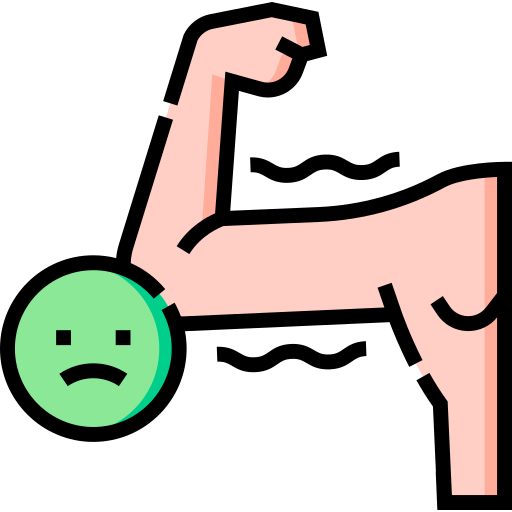
Seen as a lack of willpower or personal weakness.
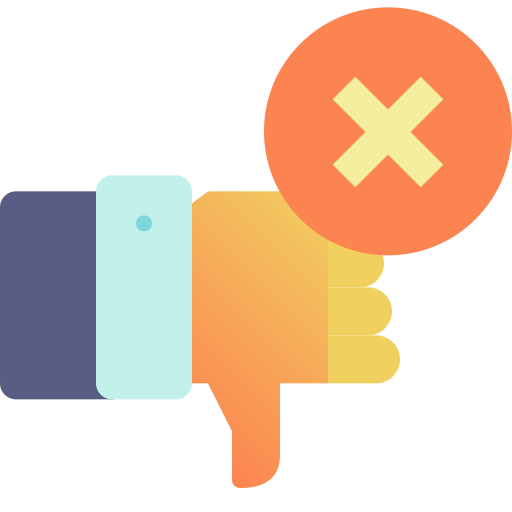
Feelings and symptoms are dismissed or downplayed.

Concerns about being judged or discriminated against, especially at work.
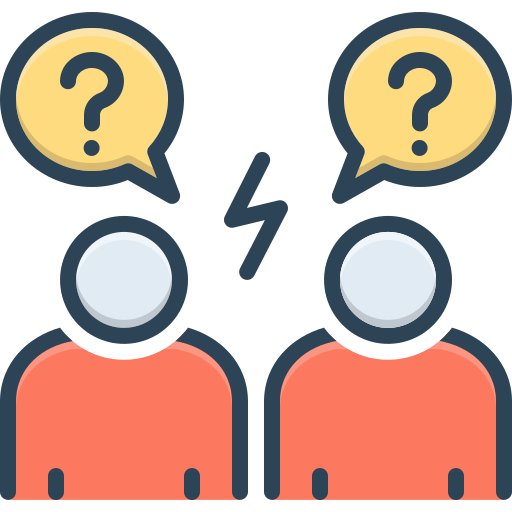
About Treatment: Stigma around using medication for treatment.

Misunderstanding that depression is a lifestyle choice, not a medical condition.
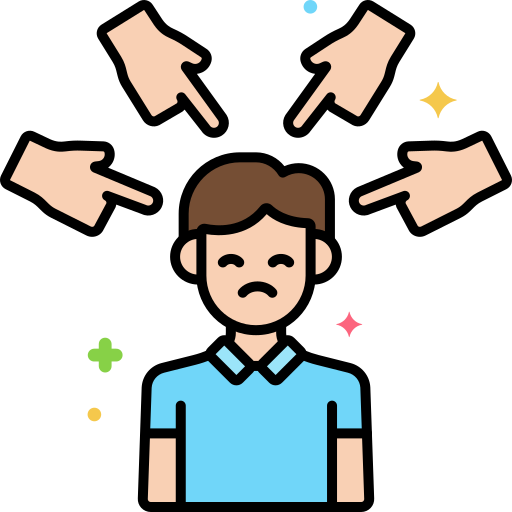
Men may face additional stigma due to societal expectations of masculinity.
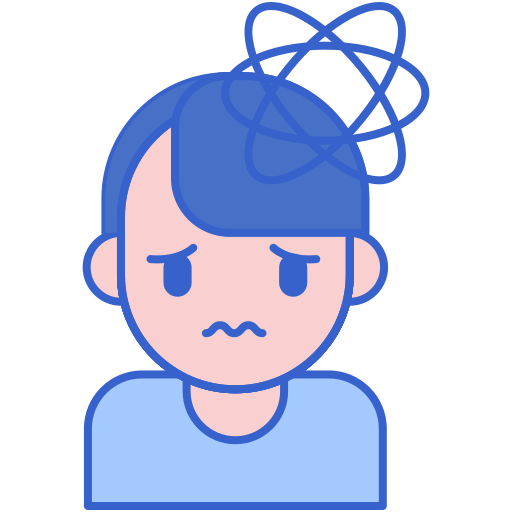
Narrow and often inaccurate portrayals in media and society.

Some cultures and generations consider mental health issues shameful.
Addressing these stigmas requires ongoing education, open conversations, and promoting a better understanding of depression as a legitimate medical condition. Reducing stigma can help create a more supportive environment where individuals feel comfortable seeking help and discussing their mental health challenges.
While not all cases of depression can be prevented, especially those influenced by genetic or biological factors, there are several proactive steps individuals can take to reduce their risk and promote overall mental well-being. Here are some strategies that may help prevent depression:
Positive Coping Strategies: Learn to cope with challenges in healthy ways, such as through problem-solving, seeking support, or engaging in hobbies and creative activities.
Limit or avoid alcohol and drug use, as these can exacerbate mental health issues.
Gratitude Practice: Focusing on positive aspects of life and expressing gratitude can improve overall mood and outlook.
Self-Compassion: Treat yourself with kindness and understanding, especially during challenging times. Avoid self-criticism.
Engaging in activities that bring joy and fulfillment can provide a sense of purpose and prevent feelings of emptiness.
Setting and working toward personal goals can provide motivation and a sense of accomplishment.
Pay attention to changes in mood, energy levels, and behavior. Early recognition of symptoms can prompt timely intervention. Regular medical and mental health check-ups can help identify issues before they become severe.
Limit exposure to negative news, social media, or toxic environments that can exacerbate feelings of stress or inadequacy. Engage with positive and supportive people and activities.
If you experience these symptoms frequently and they significantly interfere with your daily life, relationships, work, or school, it may be time to seek professional help. A mental health professional, such as a psychologist, psychiatrist, or counselor, can provide a proper diagnosis and recommend an appropriate treatment plan.
Anxiety disorders typically include symptoms such as excessive worry, physical symptoms like rapid heartbeat or shortness of breath, avoidance behaviors, irritability, difficulty concentrating, restlessness, panic attacks, intrusive thoughts, and feeling overwhelmed.
Anxiety becomes a disorder when it is persistent, excessive, and interferes with daily life. If you experience anxiety on most days for at least six months, or if it significantly affects your work, relationships, or overall well-being, you should consider seeking professional help.
Panic attacks are sudden episodes of intense fear or discomfort that reach a peak within minutes. They are often accompanied by physical symptoms like chest pain, palpitations, and a sense of impending doom. Frequent panic attacks may be a sign of an anxiety disorder, such as panic disorder.
Yes, anxiety can cause a variety of physical symptoms, including rapid heartbeat, shortness of breath, sweating, trembling, muscle tension, dizziness, nausea, fatigue, and trouble sleeping.
Avoidance behaviors involve steering clear of situations or activities that might trigger anxiety, such as social interactions or public speaking. These behaviors occur as a way to manage or reduce anxiety, but they can reinforce the anxiety over time.
Anxiety can make it difficult to focus on tasks, leading to trouble concentrating. It can also cause a mind to "go blank" during stressful situations, making it harder to remember information.
Intrusive thoughts are unwanted, persistent thoughts or concerns that are difficult to control. They are common in anxiety disorders and can contribute to feelings of distress or fear.
You should seek professional help if your anxiety symptoms are frequent, severe, and interfere with your daily life, work, or relationships. A mental health professional can provide an accurate diagnosis and recommend appropriate treatment.
Yes, self-help strategies such as mindfulness, regular exercise, a healthy diet, adequate sleep, and stress management techniques can help manage anxiety symptoms. However, if these strategies aren't sufficient, professional treatment may be necessary.
If you suspect someone is struggling with anxiety, offer support by listening without judgment, encouraging them to seek professional help, and assisting with daily tasks if needed. It's important to be patient, avoid minimizing their feelings, and respect their boundaries.

Abha Healing Foundation